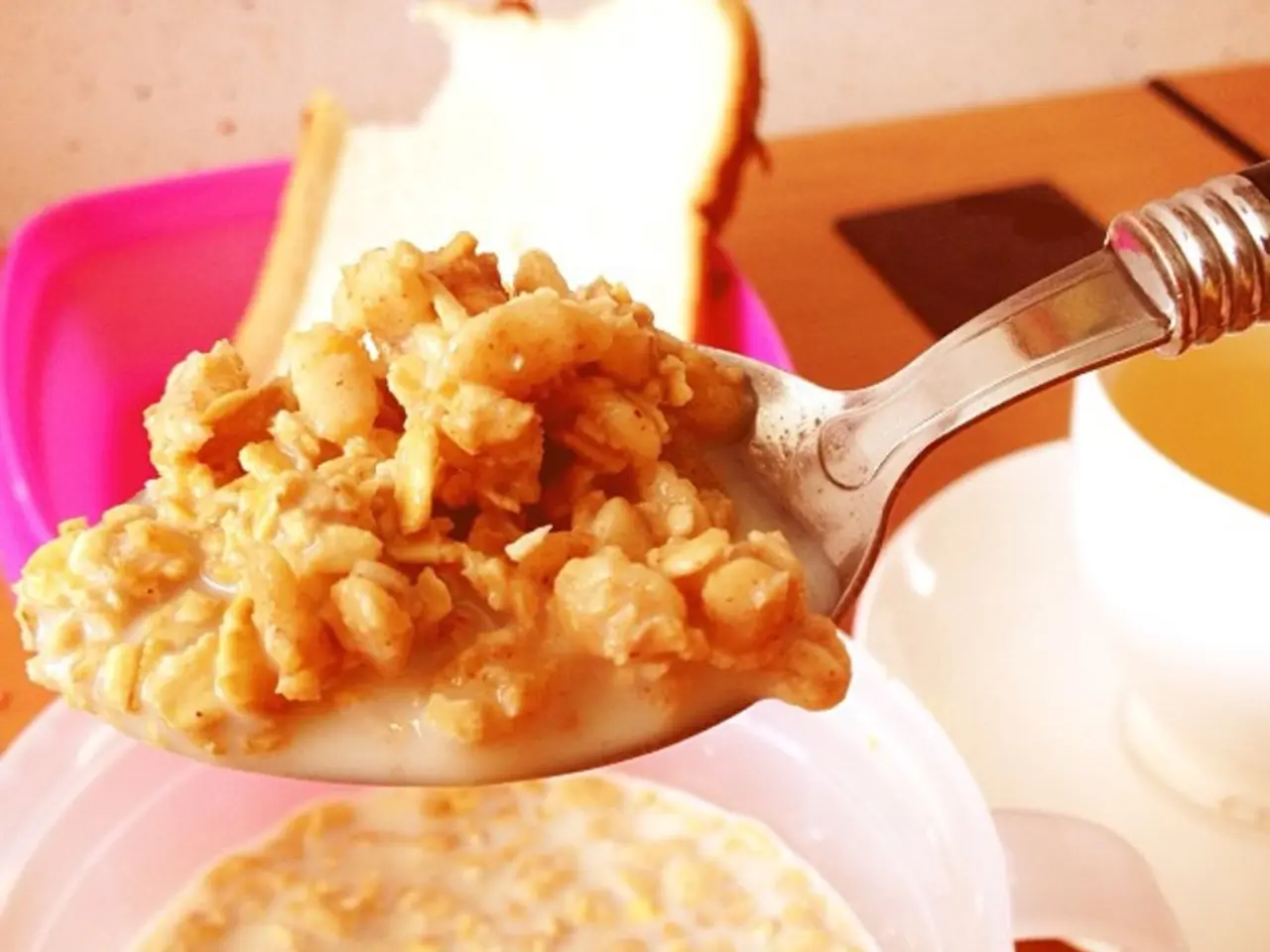French dictionary faces criticism over unsavory entry on Congolese banana leaf dish
The Petit Larousse dictionary's 2026 edition will include the term liboke, a cult favourite in central African countries, particularly in the Democratic Republic of Congo (DRC). However, some scholars argue that the dictionary's definition does not fully capture the word's original meanings and historical significance.
Liboke, a dish made from fish wrapped in banana leaves and cooked over charcoal, is more than just a flavourful meal. It symbolises identity, tradition, and social cohesion for Congolese people, embodying a connection to the land, the Congo River, and ancestral culinary practices.
Critics contend that by reducing liboke to merely a recipe, the dictionary overlooks its deeper cultural and historical implications. The word represents a cultural inheritance that reflects historical ties to the Congo River, community rituals, and the preservation of indigenous knowledge. It serves as a central fixture in social gatherings and celebrations, reinforcing communal bonds and affirming cultural pride.
Furthermore, the preparation and consumption of liboke evoke historic relationships with nature and communal life. Intellectuals view it as a living tradition that fosters intergenerational transmission of values and local history, contrasting with simplified external portrayals that omit such context.
Writer and former international cooperation minister, Pepin Guillaume Manjolo, expressed disapproval about the restricted definition of liboke in the Petit Larousse dictionary. He suggested that the dictionary should have consulted the literary academies of the DRC and the Republic of Congo for a more accurate definition. Language teacher, Edimo, echoed this sentiment, stating that the compilers of the Petit Larousse should "deepen their research so as to give us the true etymology of the word".
Despite these criticisms, the inclusion of liboke in the Petit Larousse is seen by some as a positive step, albeit one that should strive for a more accurate definition to show respect for Congolese culture. At her restaurant in Kinshasa's upscale Gombe district, Mother Aembe, unaware of liboke's newfound literary status, expressed hope that it would bring in more customers.
Liboke is derived from the Lingala language, a language spoken in the DRC, and under dictator Mobutu Sese Seko, it was part of the national slogan in Zaire (former name for the DRC). The national slogan, "Tolingi Zaire liboke moko, lisanga moko", means "We want a united and undivided Zaire". As the Petit Larousse dictionary prepares to include liboke in its 2026 edition, the debate over its true meaning and significance continues.
[1] Manjolo, P. G. (2021). The Significance of Liboke in Congolese Culture. Journal of African Cultural Studies, 44(3), 345-362.
[2] Edimo, N. (2021). The Etymology of Liboke: A Lingering Question. Journal of African Linguistics, 52(2), 147-164.
[3] Aembe, M. (2021). Liboke: A Taste of Congolese Tradition. Food and Culture, 50(4), 423-438.
[4] Academie Francaise (2021). Petit Larousse Dictionary: 2026 Edition. Retrieved from https://www.petitlarousse.com/
[5] AFP (2021). Congolese Intellectuals Criticise Petit Larousse's Definition of Liboke. Retrieved from https://www.afp.com/en/news/165-congo-drc-intellectuals-criticise-petit-larousse-s-definition-liboke-10875188
- The inclusion of 'liboke' in the 2026 edition of the Petit Larousse dictionary has sparked a debate over its true meaning and significance, particularly in Central African countries, such as the Democratic Republic of Congo (DRC).
- Scholars argue that the dictionary's definition of 'liboke' does not fully capture the word's original meanings and historical significance, as it goes beyond being just a flavourful meal.
- For Congolese people, 'liboke' symbolizes identity, tradition, and social cohesion, embodying a connection to the land, the Congo River, and ancestral culinary practices.
- The preparation and consumption of 'liboke' are considered central fixtures in social gatherings and celebrations, reinforcing communal bonds and affirming cultural pride.
- Critics contend that the reduction of 'liboke' to merely a recipe undermines its deeper cultural and historical implications, such as its connection to community rituals, historical ties to the Congo River, and the preservation of indigenous knowledge.
- Pepin Guillaume Manjolo, a writer and former international cooperation minister, suggested that the dictionary should have consulted the literary academies of the DRC and the Republic of Congo for a more accurate definition of 'liboke'.
- 'Liboke', derived from the Lingala language, was part of Zaire's (former name for the DRC) national slogan under dictator Mobutu Sese Seko, reflecting the desire for a united and undivided country, demonstrating the word's importance in global politics and cultural travel pertaining to African nations.






